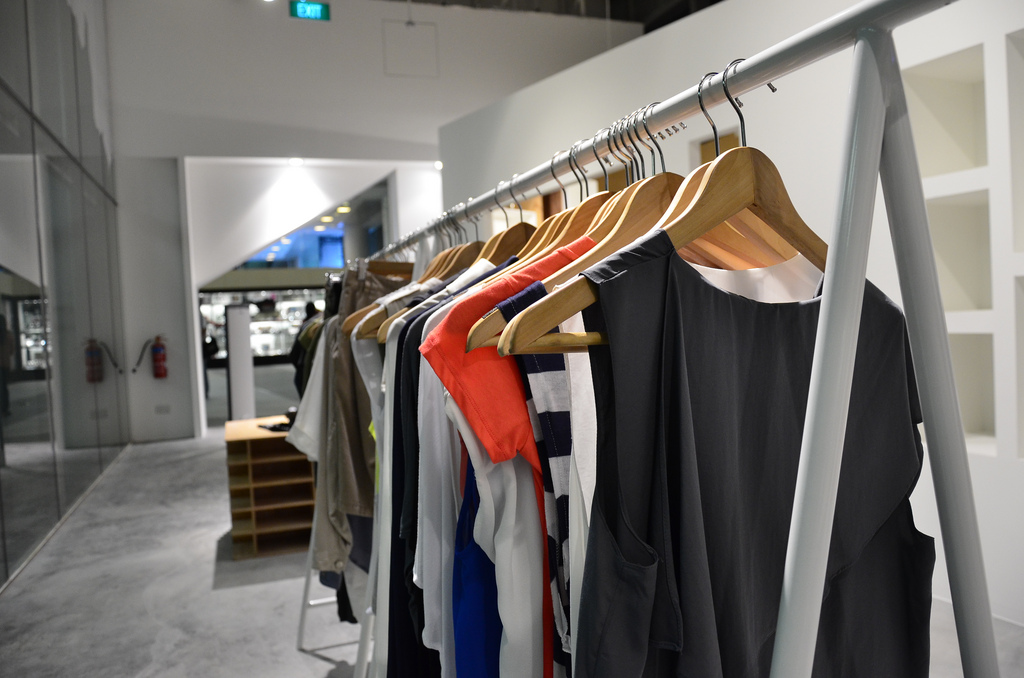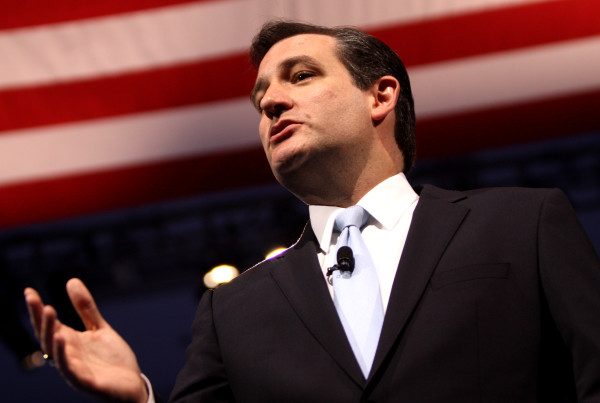Women spend more than men on clothes. And it’s not just because women are stereotyped as shoppers, with a closet full of shoes and a purse to match every outfit. It’s because women’s clothes are more expensive.
Lori Taylor, director of the Mosbacher Institute at Texas A&M, says retailers around the globe charge more for women’s clothing, shoes, personal care items – even dry cleaning. It’s something dubbed the “pink tax” and Taylor has been studying it for years.
Taylor says women wind up paying higher prices for certain items because of both price discrimination, meaning retailers suppose that women will pay more for their goods and services than men will, and a deliberate federal import tax for goods designed for women.
“In a surprising number of cases, (taxes) differ according to whether or not the product is designed for a man or designed for a woman,” she says.
Taylor says leather shoes, for example, have a 10 percent tariff for women and 8.5 percent for men. Silk shirts bring a 6.9 percent tariff for women and 1.1 percent. These tariffs may have come from negotiations to protect what used to be a domestic market or from a long-ago classification of women’s wear as luxury items that should be taxed more heavily.
“These gender classifications have been in the tariff code for at least a hundred years,” Taylor says. “Quite frankly, it really doesn’t matter where it came from. We don’t think that Congress currently is deliberately discriminating, but that they have no intent to discriminate doesn’t mean they don’t have an impact of discriminating, and that’s what we’re worrying about here.”
Taylor says a reasonable law would be to allow importers to use either the men’s or the women’s tax on items – whichever is lower.
“If I had my druthers, we’d be eliminating the tariffs on imported apparel and footwear altogether,” she says. “But that’s unlikely to happen.”















